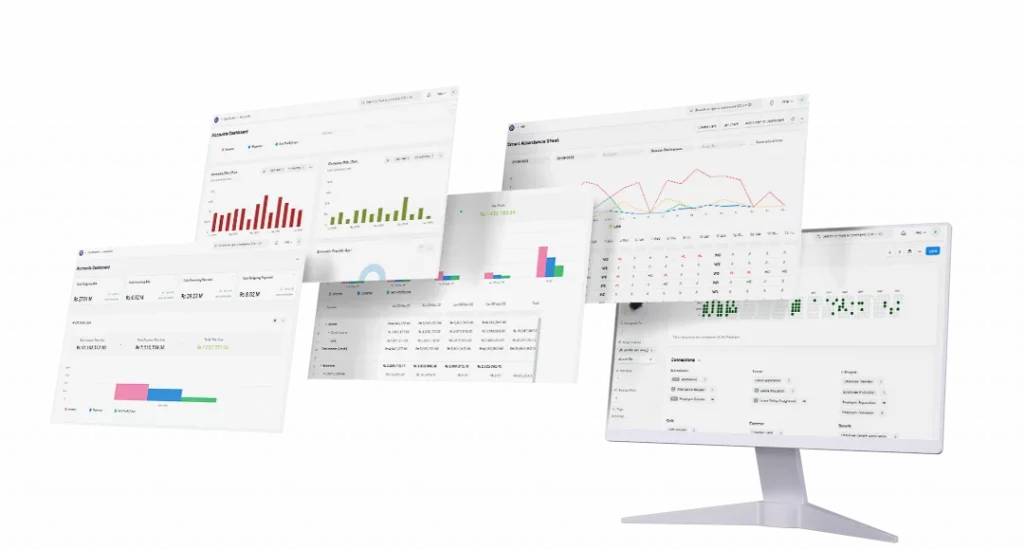Enterprise Resource Planning, or ERP, is a potent tool that unifies fundamental business processes such as finance, HR, manufacturing, supply chain, services, and procurement. In essence, it serves as the operational backbone of an organization.
Today’s leading ERP software in Saudi Arabia has evolved significantly beyond its original designs. They’re no longer rudimentary systems but harness cutting-edge technologies like artificial intelligence (AI) and machine learning. These contemporary ERP solutions provide intelligent automation, increased efficiency, and real-time business insights.
Top-rated cloud based ERP solutions in Saudi Arabia. They link internal operations with global business partners and networks, promoting collaboration and agility. This connectivity also boosts the speed of business transactions, giving companies a competitive advantage.
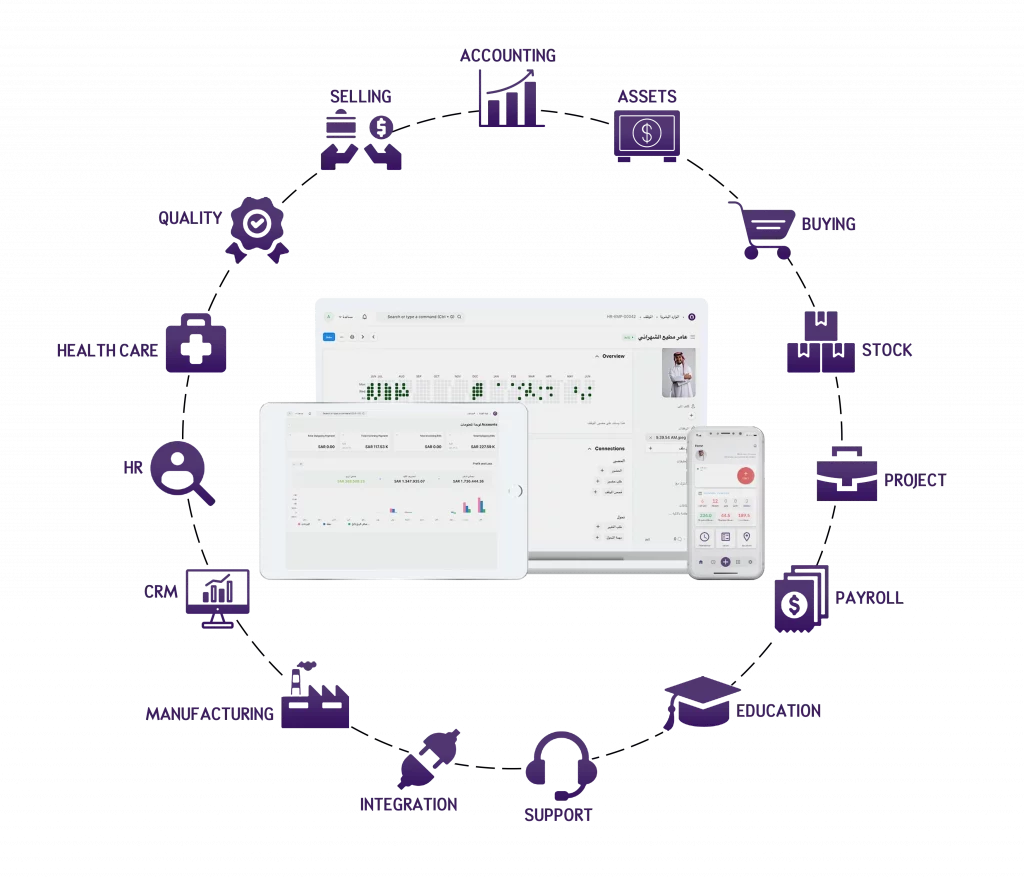
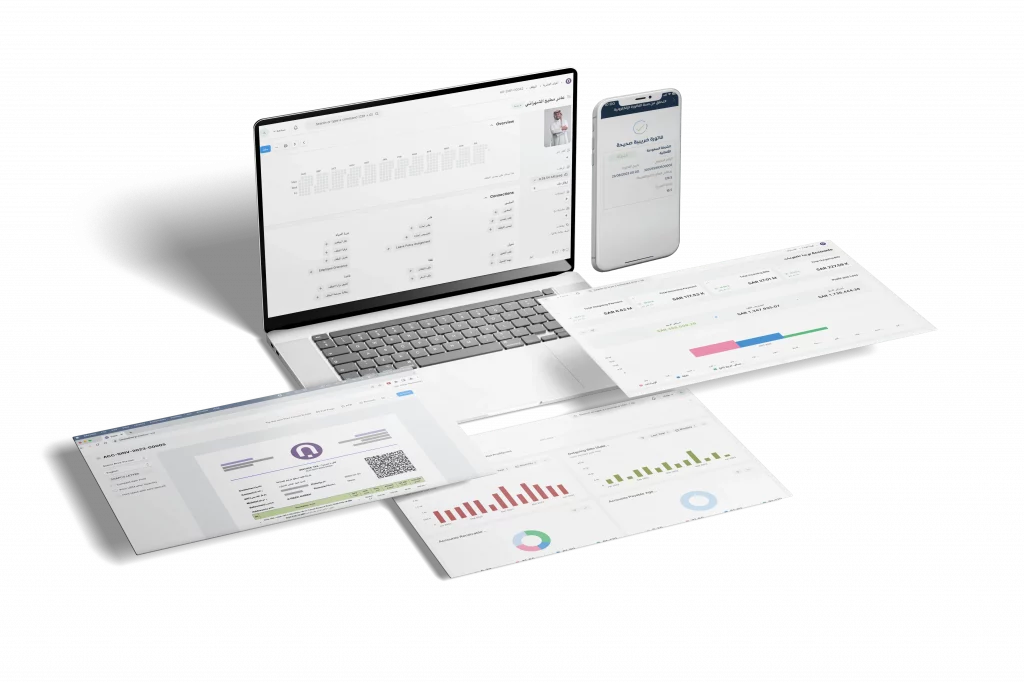
Often likened to a business’s “central nervous system,” ERP software is vital as it enables the automation, integration, and intelligence necessary for smooth daily operations. It also acts as a hub for all organizational data, delivering a unified and accurate overview across the business.
Every department within an organization relies on ERP. Finance uses it for quick book closure, sales manage customer orders through it, logistics departments depend on it for timely, accurate deliveries, and accounts payable use it to settle supplier payments promptly and accurately. Management can get an immediate overview of company performance via ERP, aiding informed decision-making. Banks and shareholders also require precise financial records, which are facilitated by ERP systems.
The increasing importance of ERP in businesses is evident from its rising adoption rate. According to G2, the global ERP software market is expected to reach US$78.40 billion by 2026, reflecting a CAGR of 10.2% from 2019 to 2026.
When it comes to the best ERP in Saudi Arabia, the choice can vary based on specific business needs and industry requirements.
What are modern ERP systems
In the past, ERP systems were separate suites that lacked intercommunication. Tailoring these systems to meet specific business needs often involved expensive and intricate custom coding, which impeded the adoption of new technologies or process optimization.
However, the advent of modern ERP software, like those found in Saudi Arabia, has dramatically transformed this scenario. Contemporary ERP software merges various processes into a single integrated system. Not only does it link data within the ERP system, but it also connects with productivity tools, e-commerce platforms, and customer engagement solutions. Moreover, this connected data yields invaluable insights, empowering businesses to optimize their processes across all levels.
Additionally, modern ERP solutions offer flexible deployment options, enhanced security, privacy, sustainability, and low-code customization. Importantly, these systems infuse continuity and resilience into your business operations. They also provide insights that enable you to innovate swiftly and equip your business for future challenges.
This transformation is clear in the escalating popularity and implementation of ERP software in Saudi Arabia, with numerous companies providing top-tier solutions.
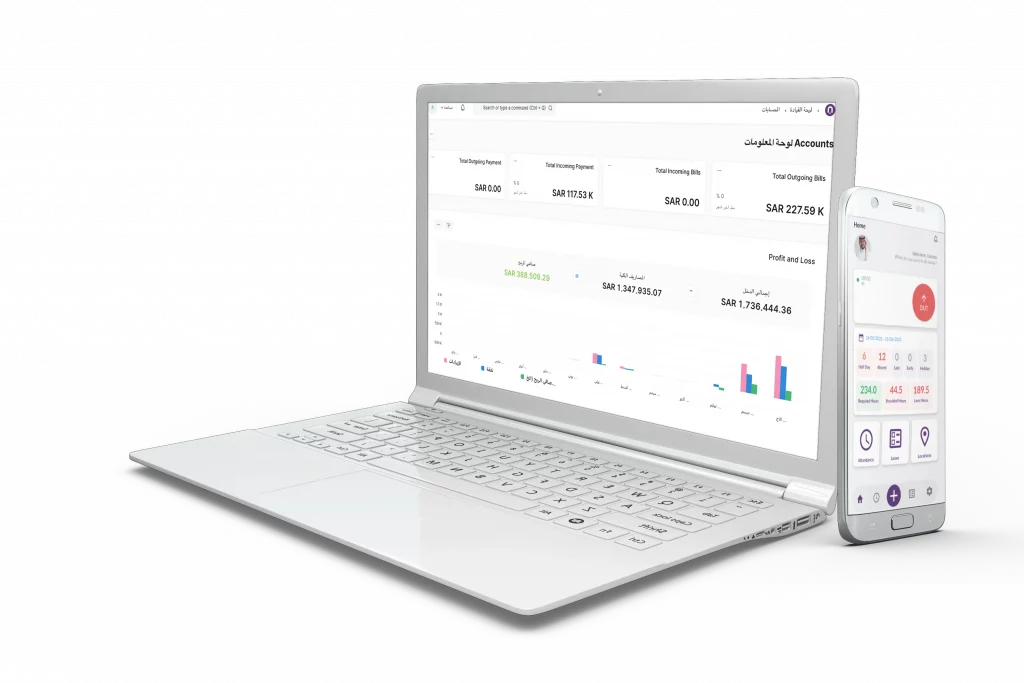
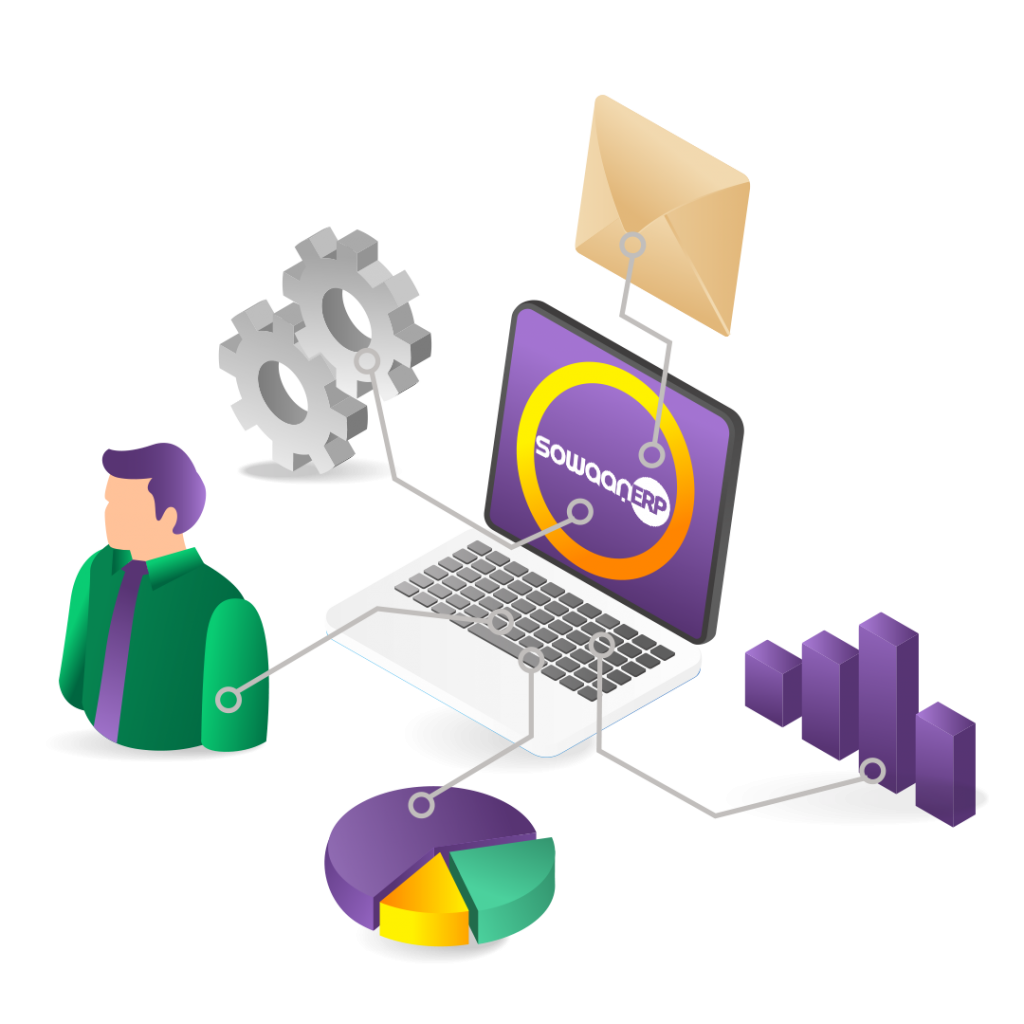
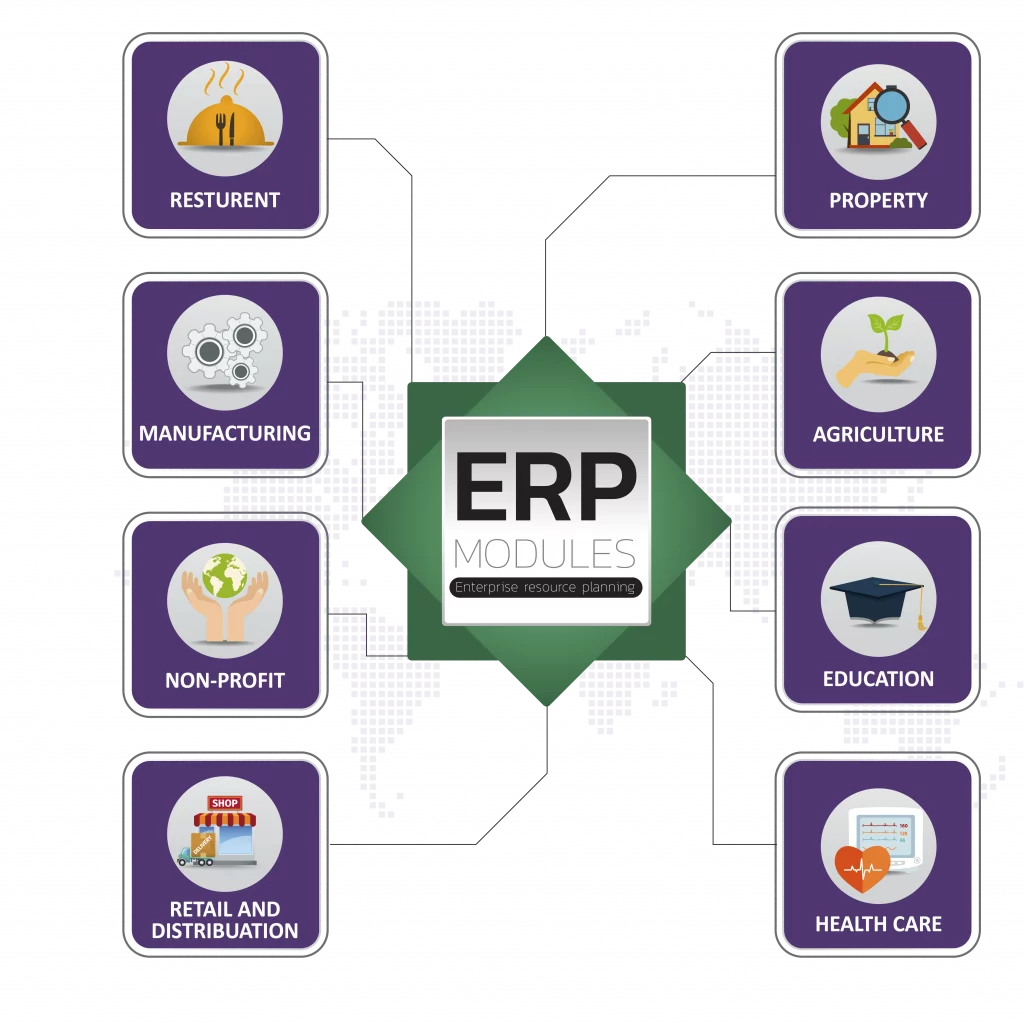
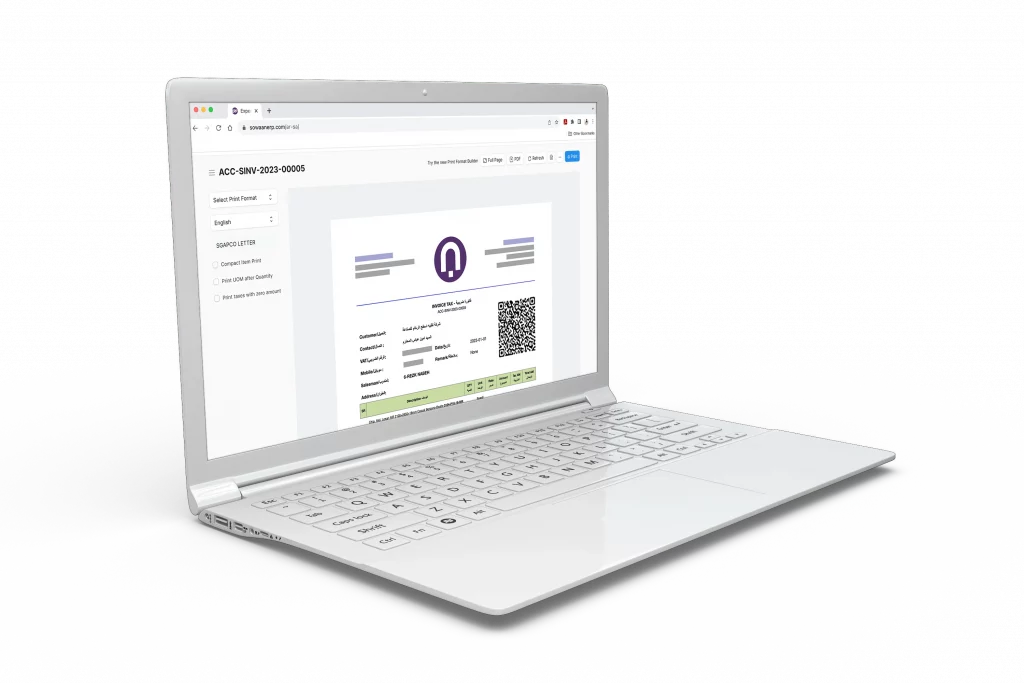
Adopt Advanced Technologies: Cloud-based systems, like those available in Saudi Arabia, offer the advantage of seamlessly adopting next-gen technologies such as Artificial Intelligence (AI). Unlike traditional systems, these cloud solutions rapidly improve their capabilities without requiring frequent updates, making ERP systems significantly more user-friendly and manageable.
Amplify Your Existing ERP System: By integrating with cloud applications, you can expand your current ERP system’s functionality. This not only rejuvenates your old ERP but also presents an excellent opportunity to start utilizing cloud capabilities.
Utilize New Technologies: Opting for cloud applications that complement your existing ERP software modules allows instant access to fast-evolving technologies and improved user paradigms. These auxiliary systems provide immediate business value without necessitating a fundamental operational change.
Reduce Dependence on Third Parties: Traditional systems often necessitate third-party vendors for reporting and analytics to generate operational business intelligence. However, using cloud applications from your legacy ERP vendor can produce the same or superior intelligence without the need for an additional vendor relationship.
Modernize Your Financial Systems: Legacy systems weren’t designed to function as modern reporting engines. Conversely, developers have conceived cloud-based technology, including cloud-based ERP software in Saudi Arabia, over the past decade with a completely different approach. It focuses on what is possible and necessary for successful ERP platforms.
Enhanced Security: Cloud service providers employ large, dedicated teams solely focused on monitoring and staying updated on cloud security issues and threats 24/7.
Attract Top Talent: The forthcoming generation of workers expects seamless, mobile, easy-to-use, always-on technology. Companies that continue with only on-premises technology may find it challenging to attract top talent, regardless of age. With the implementation of cloud-based ERP in Saudi Arabia, companies can stay ahead in the competition for attracting skilled employees.
- ERP software is pivotal in providing integrated, single-system solutions that streamline processes across a business. It also offers a unified platform for users to interact, share information, and foster cross-departmental collaboration, thus enhancing productivity and efficiency.
- An ERP system typically comprises five key components: finance, human resources, logistics and manufacturing, supply chain management, and customer relationship management. However, the specific components can vary based on an organization's needs.
- There are three primary deployment options for ERP systems: Cloud-based, on-premise, and a hybrid of both. Within these categories, businesses have the option to choose from hundreds of different types, such as finance, supply chain management, and human resource management.
- The two main applications of ERP depend on the specific business and its industry. However, most companies can significantly benefit from supply chain management, logistics, and financial applications. These tools help streamline operations and expenses, delivering substantial value to the business.
